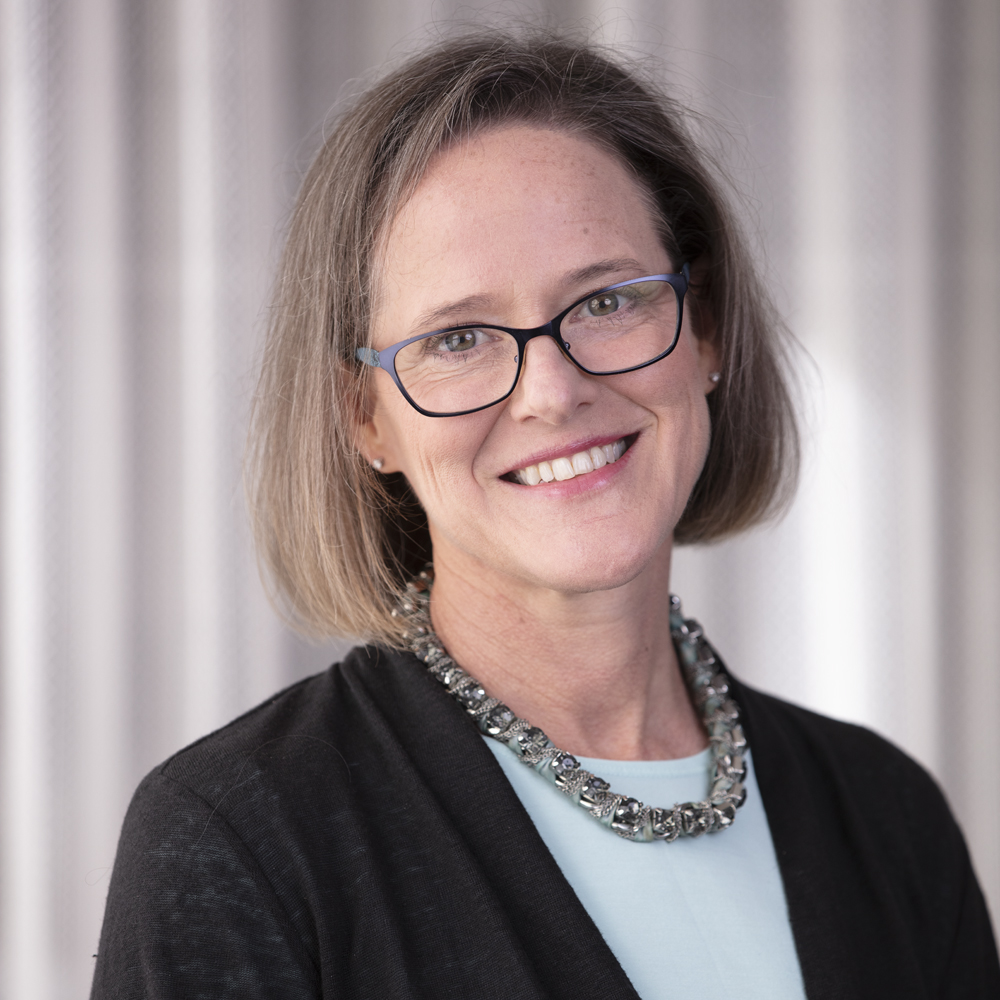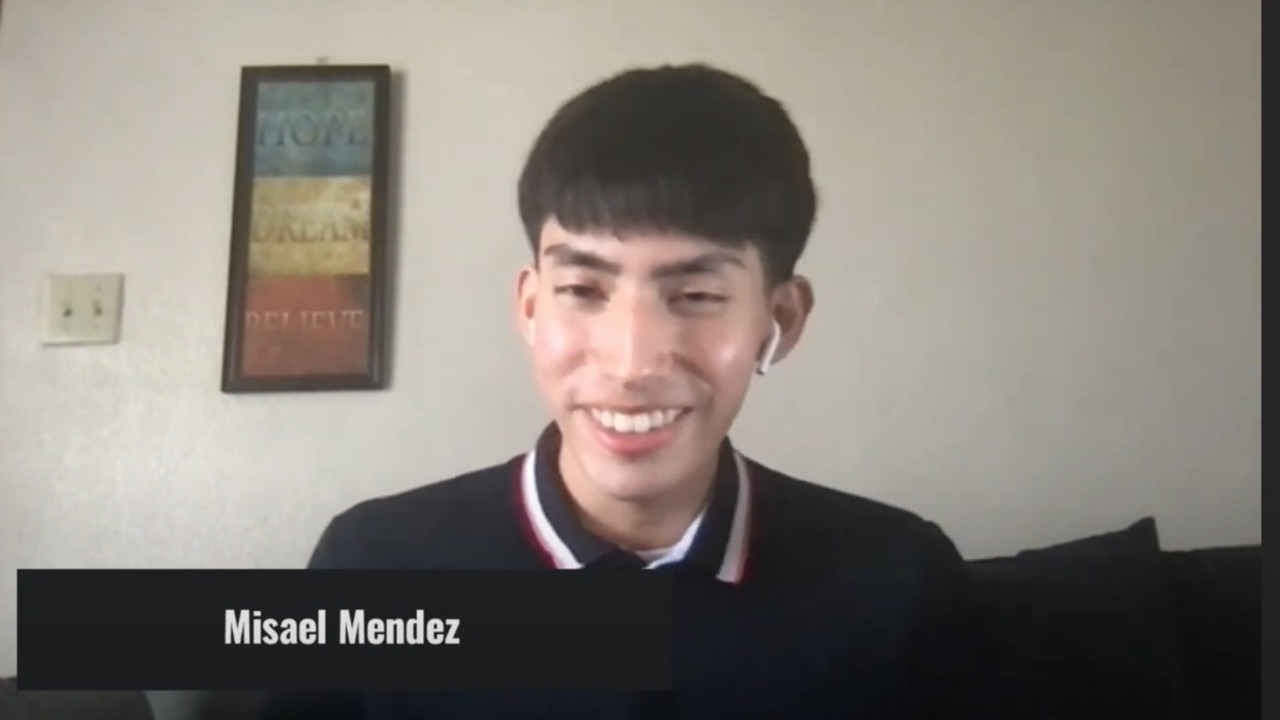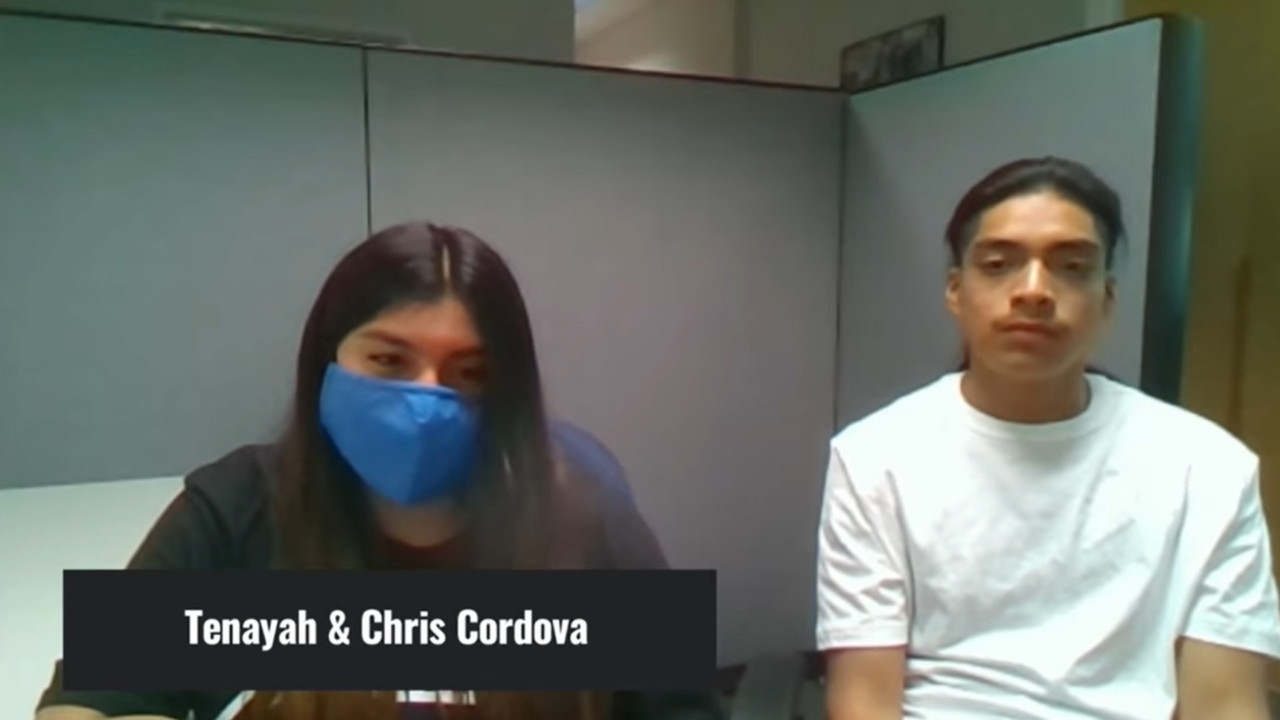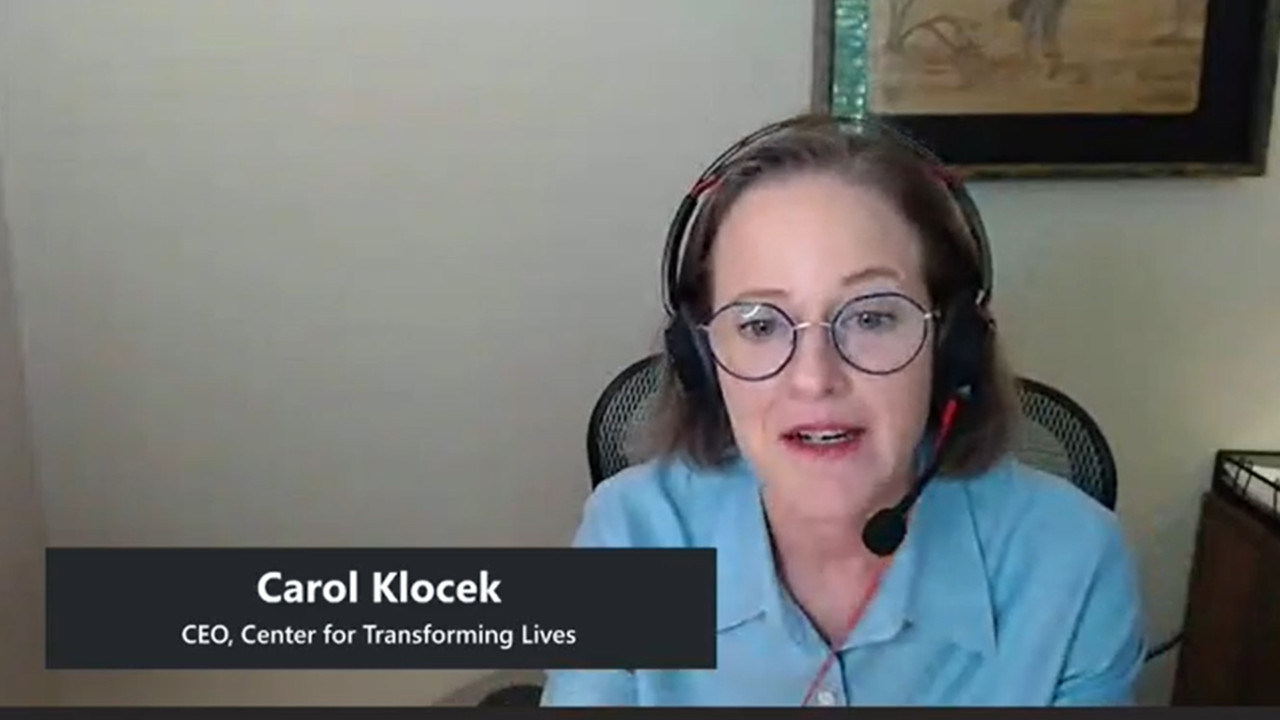When basic needs aren’t met, what happens to well-being? How does economic insecurity during childhood inform decision making into adulthood?
How Child Poverty Shapes Mental Health
Texas has the highest number of children in poverty in the U.S. and scores in the bottom third of all states when it comes to child poverty in the U.S. — it ranks 37th of 50.(src) When basic needs are unmet, what happens to well-being? How are low-income kids in Texas faring during the COVID-19 pandemic? And how does economic insecurity during childhood inform decision-making into adulthood?
In this insightful panel discussion, KERA daily news host Syeda Hasan, community members, and experts explore how the mental health of children and teens is affected by poverty. These videos are an archive of the May 5, 2020, live virtual event and panel discussion Call to Mind Live: How Child Poverty Shapes Mental Health presented as a part of KERA’s On Our Minds initiative. Please find information on upcoming live events on our Well Beings Tour page.
If you joined us for the live event or watched the archived panel discussion video, please help us improve future content and events by taking this brief survey.
Event Highlights
About the Host and Panelists
About the Host

Syeda Hasan is the daily news editor at KERA. Before moving into that role, she covered mental health at the station. A Houston native, her journalism career has taken her to public radio newsrooms around Texas.
About the Participants

Carol Klocek is the CEO for Center for Transforming Lives, which works alongside women and their children to disrupt the cycle of poverty by providing comprehensive intervention, including homeless services, early childhood education, economic mobility services and clinical counseling.

Anu Partap, MD, MPH has been a pediatrician for over 20 years, serving predominantly in safety net pediatric health care systems. Since 2020, she has served as the medical director of health equity at Cook Children’s Health Care System.

Garica Sanford, PsyD a passionate leader committed to social change and impact. Trained as a clinical child and family psychologist, Dr. Sanford is a director at local non-profit organization in Dallas, Texas. She also provides executive coaching to powerful, high-achieving women leaders across varied sectors committed to impacting community and social change. Collaboration, cultural responsiveness and continuous learning are foundational in all aspects of her practice as a coach, psychologist and director.





